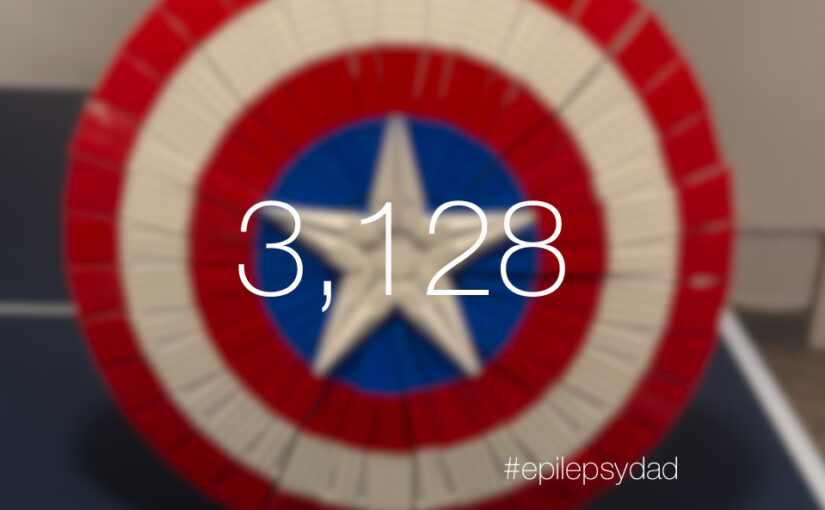At a recent appointment, our neurologist suggested deep brain stimulation for our son.
Brain surgery.
A recommendation for another surgery was unexpected. We had just weaned off the Onfi and were down to only two seizure medications. The switch from keto to modified Atkins proved challenging to keep his ketones up, which is shifting us to a trajectory that will place him on a normal diet for the first time in almost 10 years. Still, with those changes, we haven’t seen an increase in seizures. Considering the toll puberty has taken on his body physically and emotionally, I was grateful to be where we were.
But we’ve been at this long enough to know it’s not just about seizure freedom. Our focus has always been on finding the balance between seizures and quality of life, since heavily medicating him never stopped the seizures but turned him into a zombie. At one point, he was on 4 medications, the ketogenic diet plus the VNS, and even then, seizures would break through. That he can go to school and learn, play baseball and video games, and have a life at all is more than we could have hoped all those years ago, watching seizures wrack his tiny body.
We also know that our choices aren’t just about the present. We also have to think about the future, and that future includes the potential dangers that come with uncontrolled seizures and epilepsy. Our son’s condition presents similar to Lennox-Gastaut Syndrome, and with that comes an increased risk of SUDEP.
Any options that lower his risk but still allow him to have a life are worth exploring, especially because our list of options continues to shrink. I hope for continued advancements in technology and medication; deep brain stimulation is a good example. It wasn’t an option for children with epilepsy until recently, but now it is being offered for our son.
Which brings us back to…brain surgery.
I’m not sure what I expected before we met with the neurosurgeon. Correction: I expected brain surgery to include opening up our son’s skull with power tools. When the surgeon explained what the surgery actually entailed, I felt a sense of relief. Other than the fact that, yes, things would be inserted into our son’s brain, it sounded similar to the VNS surgery. It also helped that the surgeon, the same surgeon who did our son’s VNS surgery, is the epitome of cool and has done the surgery enough that it sounds like he’s describing a routine task.
I’d imagine it would be the same as a pilot describing how to land an airplane. Sure, it makes sense, but there’s enough awareness and humility on my part to know that a) I can’t do it and b) you obviously know what you’re doing, so I can relax and let you land the plane.
I left the consultation feeling less overwhelmed and in favor of the procedure. We also talked to our son about it because he’s old enough to have an opinion about his body. He had a few basic questions but did not hesitate before agreeing to the surgery.
And, with that, the decision has been made.
Let’s land this plane, doc.

